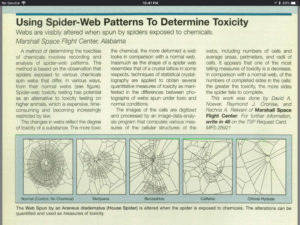More wrong with this than right, especially in the middle, but it’s the first I’ve recorded to completion and kept in almost a year, so it’s worth putting somewhere for posterity.
Recorded Thanksgiving 2017 in Apache Junction, Arizona using an OP-1.
More wrong with this than right, especially in the middle, but it’s the first I’ve recorded to completion and kept in almost a year, so it’s worth putting somewhere for posterity.
Recorded Thanksgiving 2017 in Apache Junction, Arizona using an OP-1.
